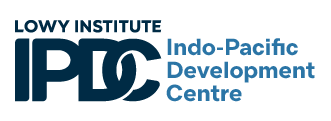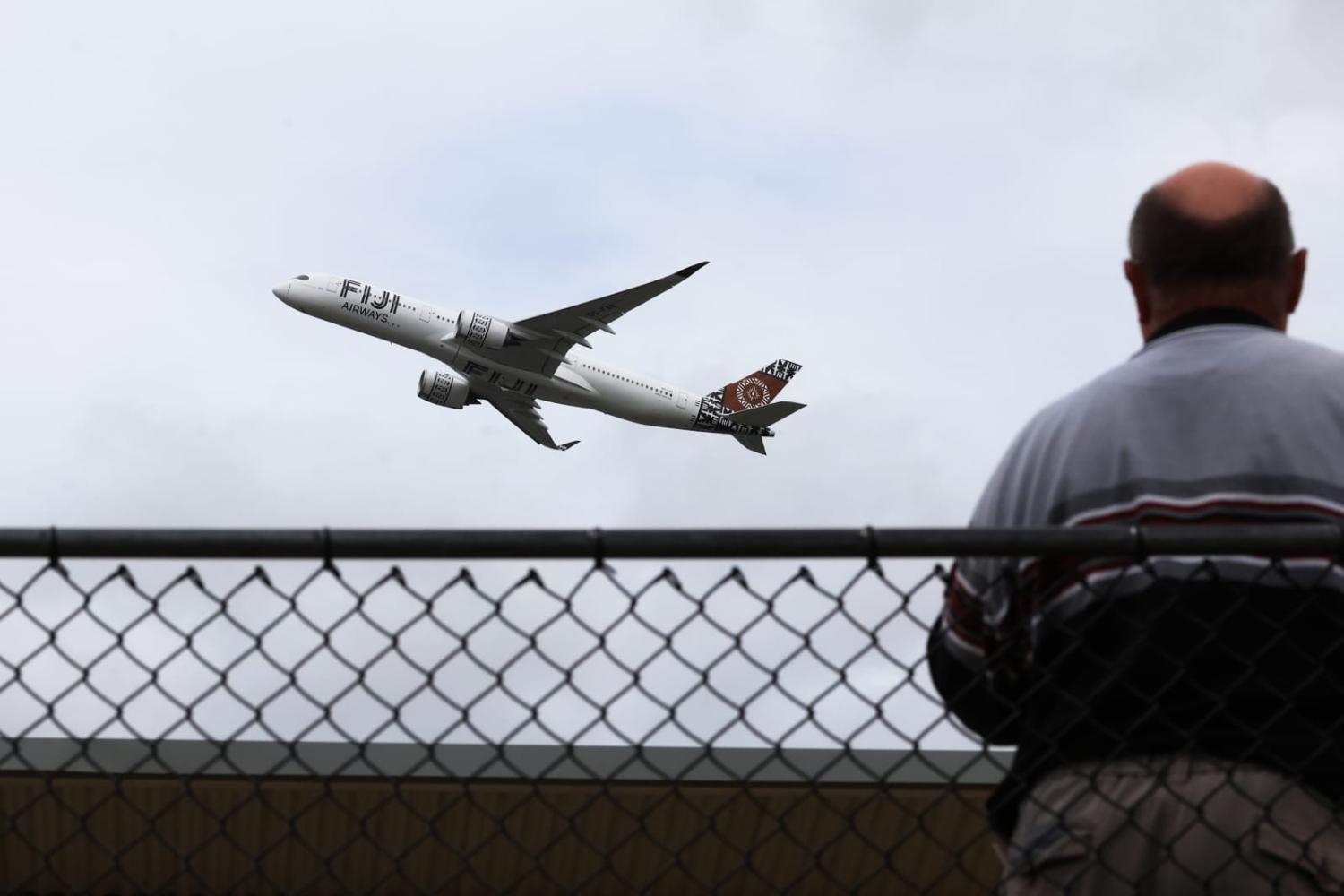The start of 2024 saw the Pacific islands hit global headlines with news of riots in Papua New Guinea and Nauru make a strategic switch in the diplomatic stoush between Taiwan and China. It’s been a lively start to the year, and it looks like the big stories will keep rolling, with elections, economic hurdles, climate activism and plenty of geopolitics.
In the next few days, attention will be on Tuvalu as the country goes to the polls. In the last election in 2019, nearly half the members of parliament changed. With no political parties and highly localised politics, policy platforms are not obvious. Nor is the candidate for the next prime minister, with the position decided after the election. Even so, the new government will move quickly to review the proposed Falepili Union with Australia, and likely push to renegotiate elements relating to migration support and security guarantees.
Like elsewhere in the region, China is hoping to woo support from Tuvalu and the new government will have to consider its options and offers. Since 2019 China has turned three countries – Solomon Islands, Kiribati and Nauru – leaving Taiwan on edge about its remaining “diplomatic allies” (Palau, Marshall Islands and Tuvalu). For the West, the real worry is not who a sovereign country recognises but the security, financial and resource deals that follow. This generates regional ripples. More development support is needed, but a “Family First” approach to security is still preferred by Pacific leaders and traditional partners. As security agreements are implemented, Australia (and the United States) will be looking to cement their role in the “Family”.
Political manoeuvring will only increase as the year unfolds. There will be other elections and likely motions-of-no-confidence across the region on the way. Kiribati and Solomon Islands go to the polls in April, Palau later in the year, and the door is open for political change via parliamentary challenges in places such as PNG and Vanuatu. With each political turn, international players will search for advantage, while locals look for development gains. All will be hope that economic growth will provide some ballast.
Pacific economies are generally expected to sustain growth in the year ahead, driven by a resurgence in tourism, resource and infrastructure development. The World Bank predicts that most Pacific nations will recover their pre-pandemic GDP levels by 2024, with growth gradually stabilising to 3.3 per cent as the initial rebound from the post-Covid-19 period subsides.
Since emerging from the pandemic, Pacific countries have reopened international borders, mostly with care and some timidity. In the first half of last year, tourism recovered to its pre-pandemic average in Fiji, Samoa and Vanuatu. It’s been tougher for others. Tourist numbers in Cook Islands and Tonga are around half of their pre-Covid levels, but climbing.
While some countries are benefiting from the regional tourism recovery, others are capitalising on infrastructure and resource investments. Leaders such as PNG’s Prime Minister James Marape are selling the value of LNG production, mining, fisheries and rural industries. The hope is to take advantage of relaxed restrictions on mobility and greater global interest for investors to boost national growth and livelihoods, providing a counterweight to skyrocketing inflation. Inflation was one of the region’s biggest economic challenges last year, an average six per cent – this strain could persist in 2024.
Environmental, economic and political shocks could also affect economic prospects. The cost of the PNG riots will run into the hundreds of millions, in addition to lives and livelihoods lost – and the drivers of that unrest remain, including growing inequality, corruption, rapid urbanisation and contested access to resource revenues.
Disasters such as tropical cyclones Judy and Kevin last year cost local economies dearly. In Vanuatu’s case, the bill ran to the tens of millions, potentially hindering a more substantial recovery in tourism. International assessments are sure about one thing –cyclones will intensify and climate finances are grossly inadequate. Local leadership on climate issues is gaining ground but it is not enough to reverse devastating global trends. So, the Pacific will maintain its strong climate activism, aware that the region stands at a critical inflection point of existential significance.
Climatic disasters, inflation and big infrastructure investments add up to high and growing government debt. Efforts to keep debt manageable will persist throughout the year with more demand on donors to provide grants and budget support, rather than loans. The International Monetary Fund now categorises most Pacific countries as being at high risk of debt distress. This increases vulnerability to external shocks, particularly those associated with climate change and commodity price fluctuations.
The Pacific policy of being “Friends to All” will help leverage partnerships and finances. Jostling between major regional powers such Australia, the United States and China has seen aid levels climb higher than ever, but Pacific development priorities – the issues Pacific countries themselves want addressed – can still be overshadowed by geopolitical imperatives. Pacific diplomacy is more assertive but competition more than cooperation defines the region. The push will be on to minimise the rivalries and maximise resilience.
Last year was full of promises. This year will be about delivering.



